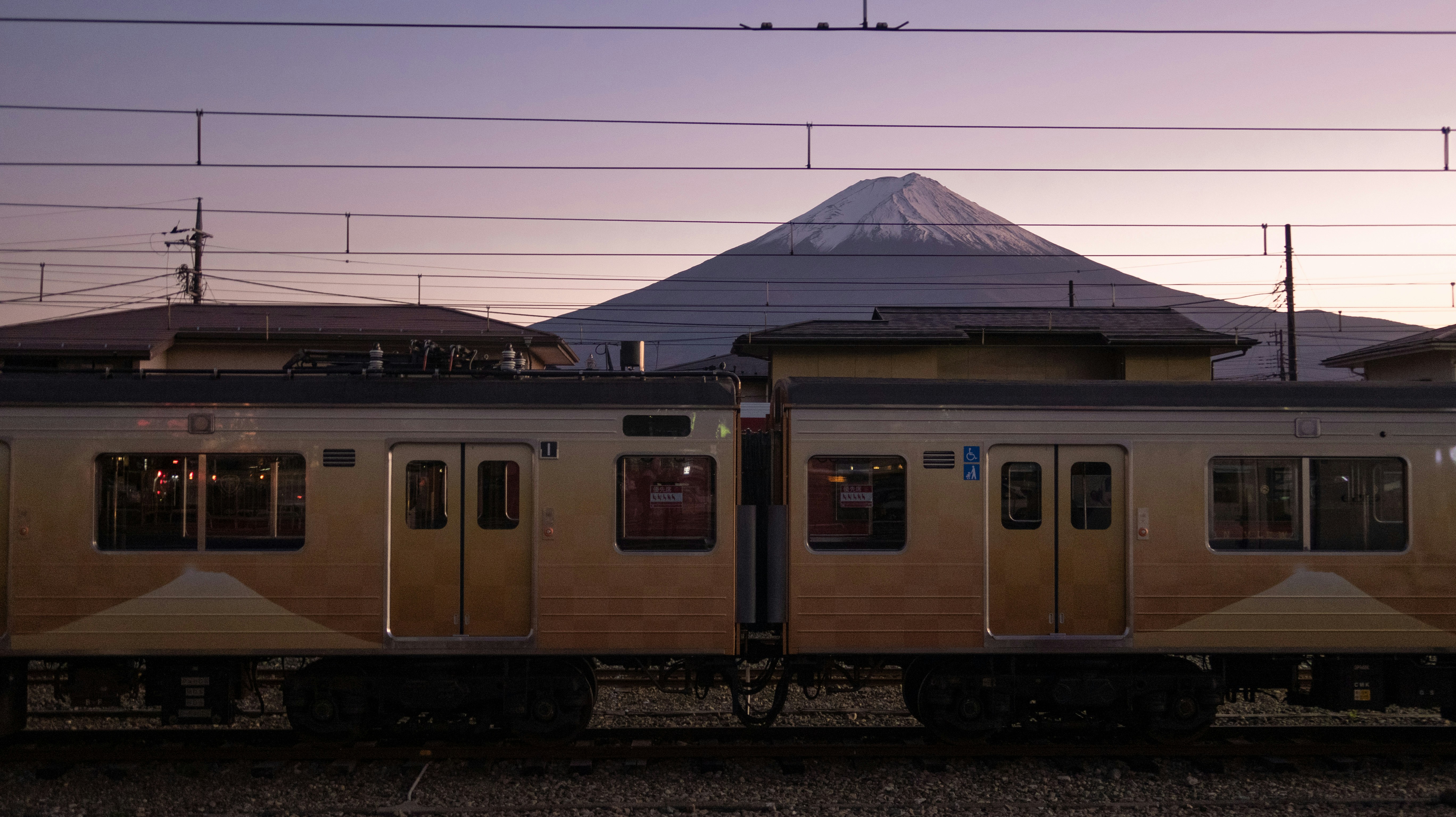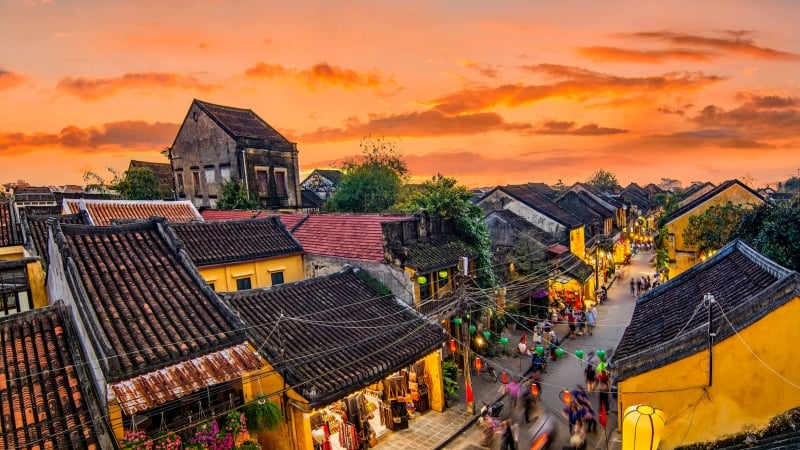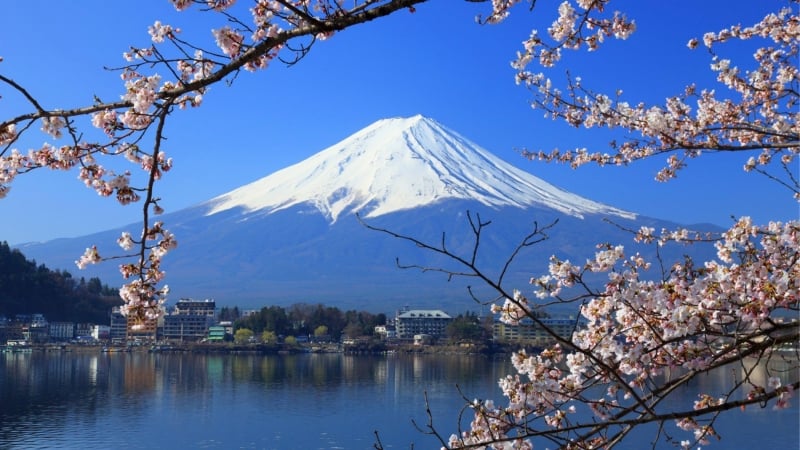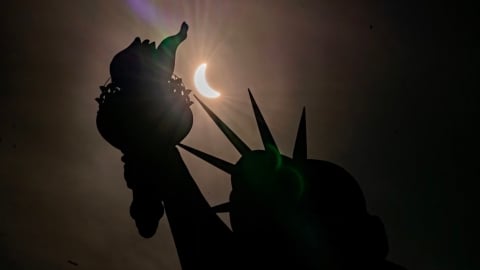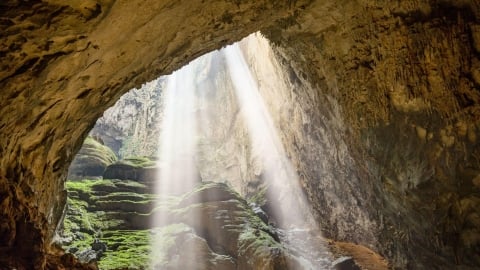Fujikawaguchiko, a Japanese town known for several spots offering near-perfect views of Mount Fuji, has tried methods such as: placing signs urging visitors not to run into the road, using designated pedestrian crossings in English, Chinese, Thai, and Korean, and even hiring security guards to control crowds. However, these measures have proven ineffective.
On April 26, an official in Fujikawaguchiko town said that construction of the fence would begin as early as next week. This is the latest move by Japan to cope with tourist overcrowding. In early 2024, Kyoto banned tourists from the narrow alleys in its geisha district to ensure privacy for residents and geisha artists.
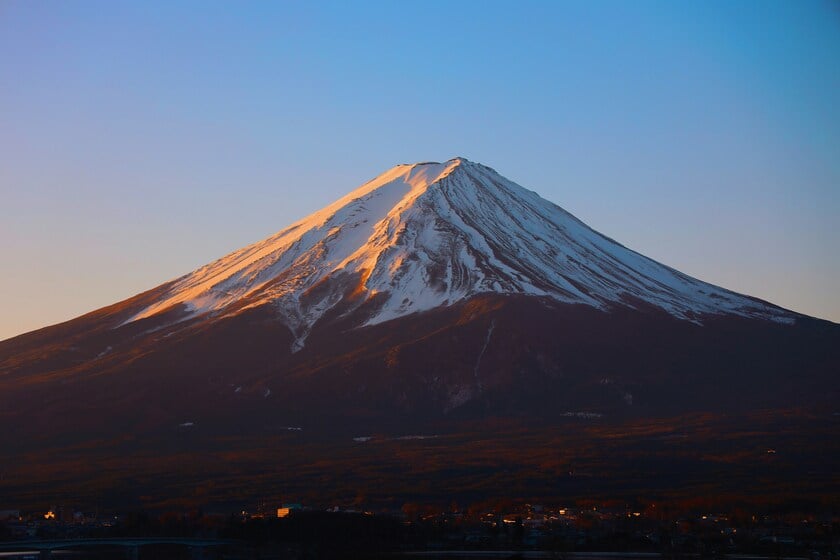
Mount Fuji, a symbol of Japan, attracts tourists who come to admire its beauty.
This black screen is made of mesh and is only pulled up between 10 PM and 5 AM. According to local authorities, this measure aims to minimize artificial light and noise from tourist activities, helping to protect the environment and create favorable conditions for wildlife.
At the same time, the light screen was very effective in preventing foreigners from crowding to take photos on busy streets or freely entering private homes, which had sparked a wave of complaints from residents.
However, these measures remain controversial. Some argue that they are too strict and negatively impact the visitor experience. Others, however, support them, believing they are necessary to protect Mount Fuji and the surrounding environment.
The issue of overtourism at Mount Fuji is a complex one requiring a comprehensive solution. A coordinated approach involving measures such as limiting visitor numbers, imposing tourism fees, raising visitor awareness, and developing sustainable tourism is necessary to protect Mount Fuji and ensure benefits for both tourists and local residents.
Mount Fuji, Japan's highest mountain, can be seen from many points in the resort town of Fujikawaguchiko. The spot about to be fenced off behind the Lawson convenience store is a particularly popular spot for tourists.
International tourists have flocked to Japan since global Covid-19 pandemic restrictions were lifted, partly due to the weakening yen. In 2023, Japan welcomed over 25 million visitors and is expected to surpass nearly 32 million in 2024, also a record high compared to four years prior, according to the Japan National Tourism Organization (JNTO).

 VI
VI EN
EN



